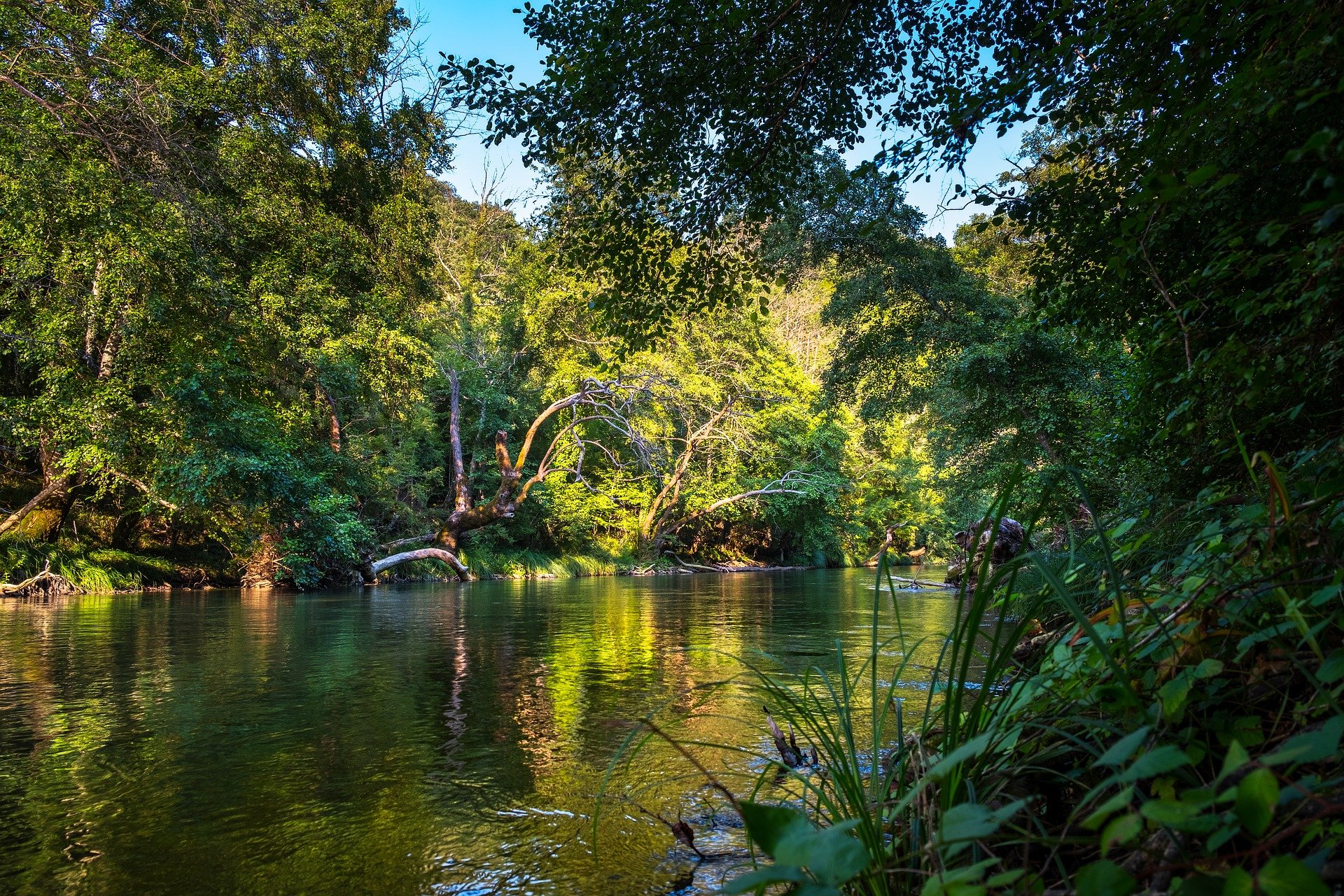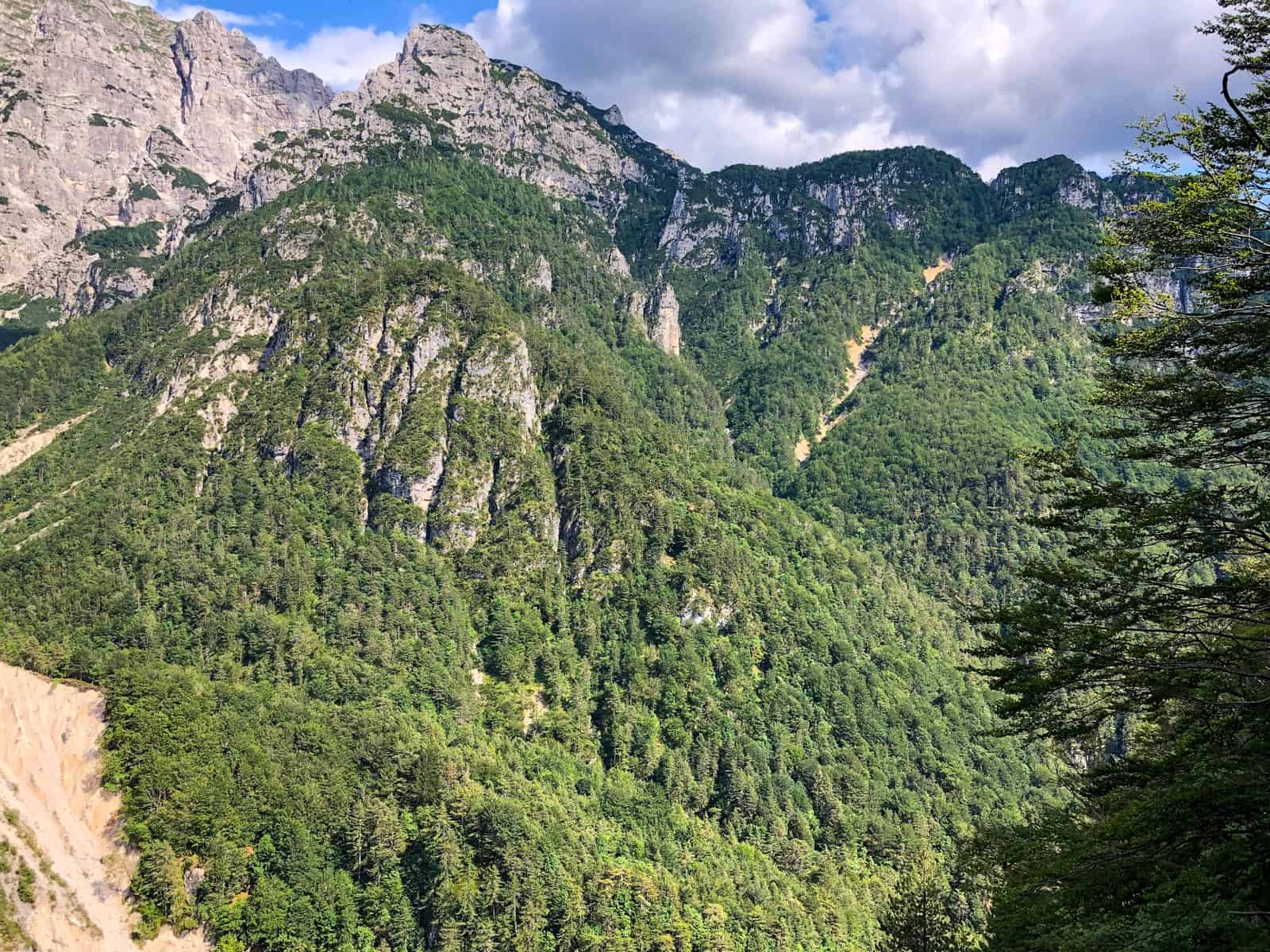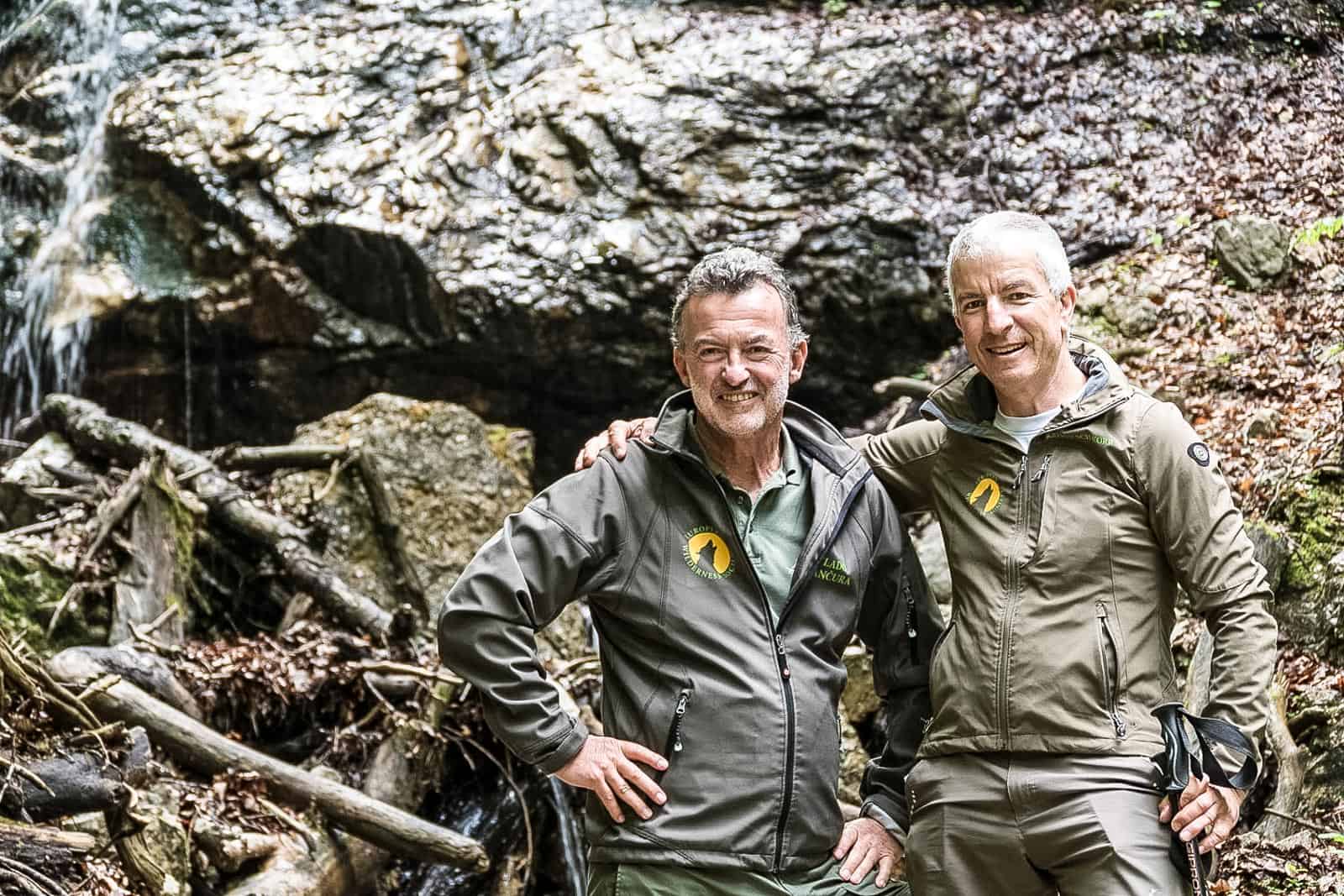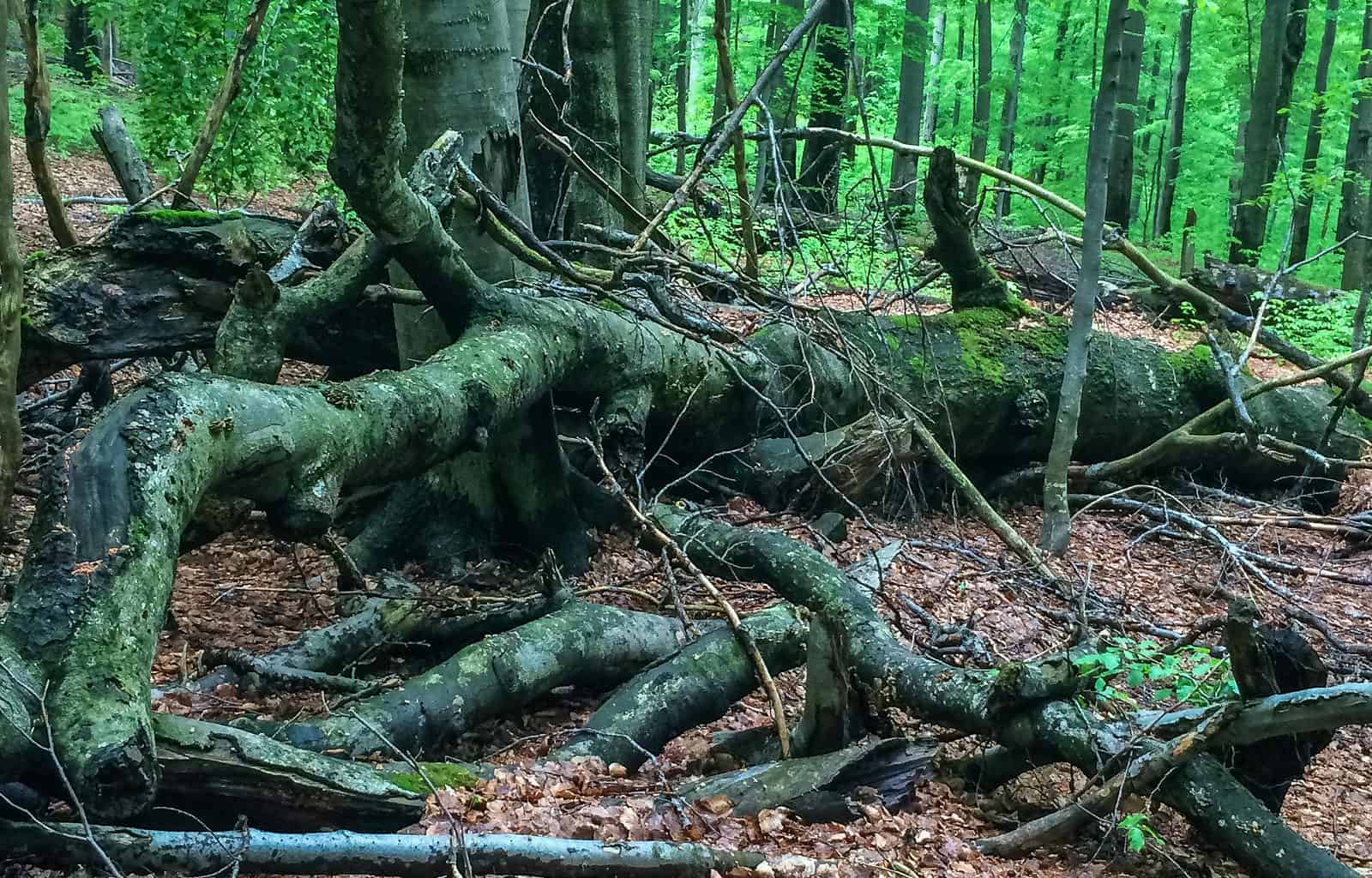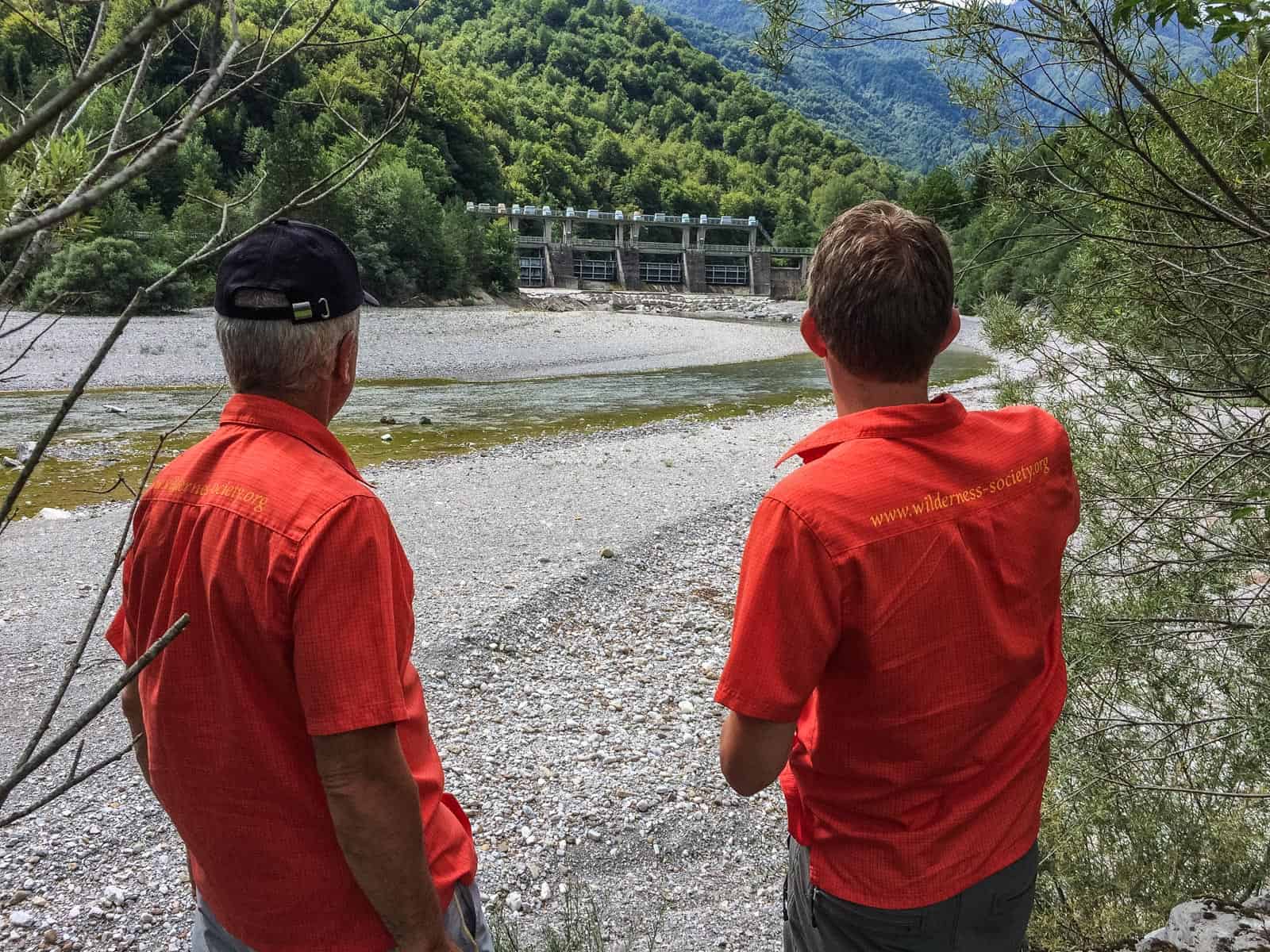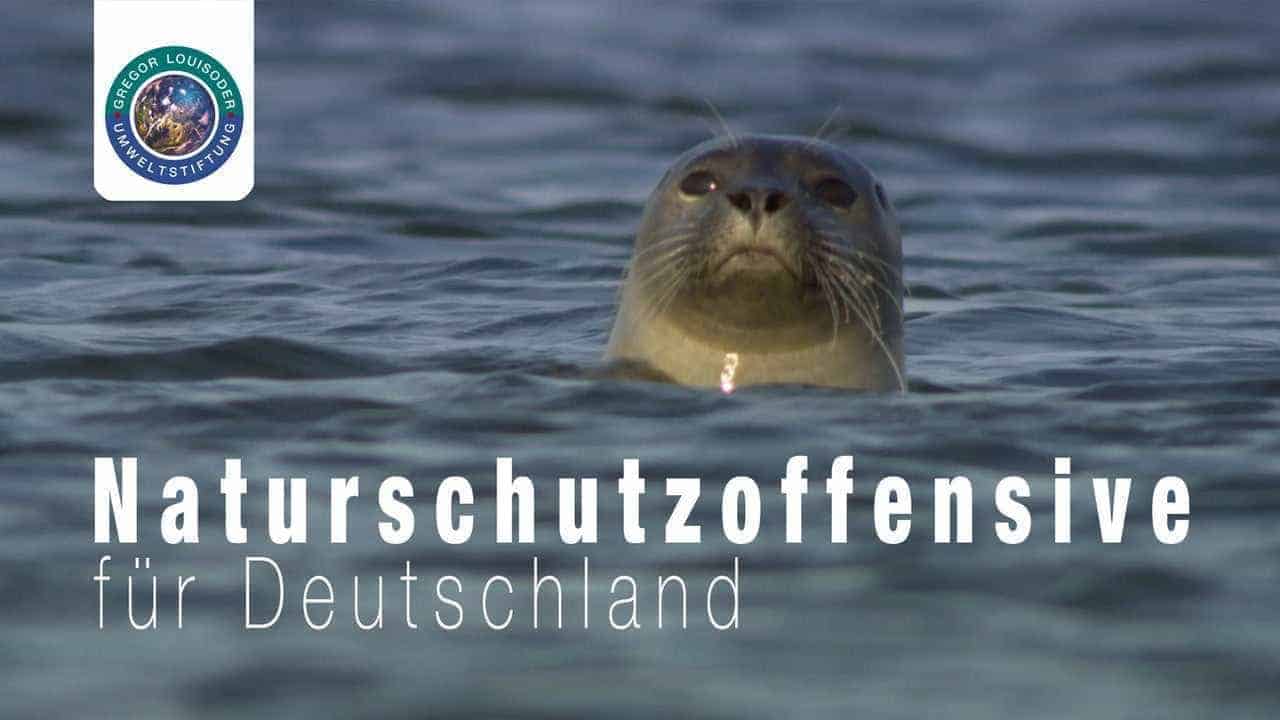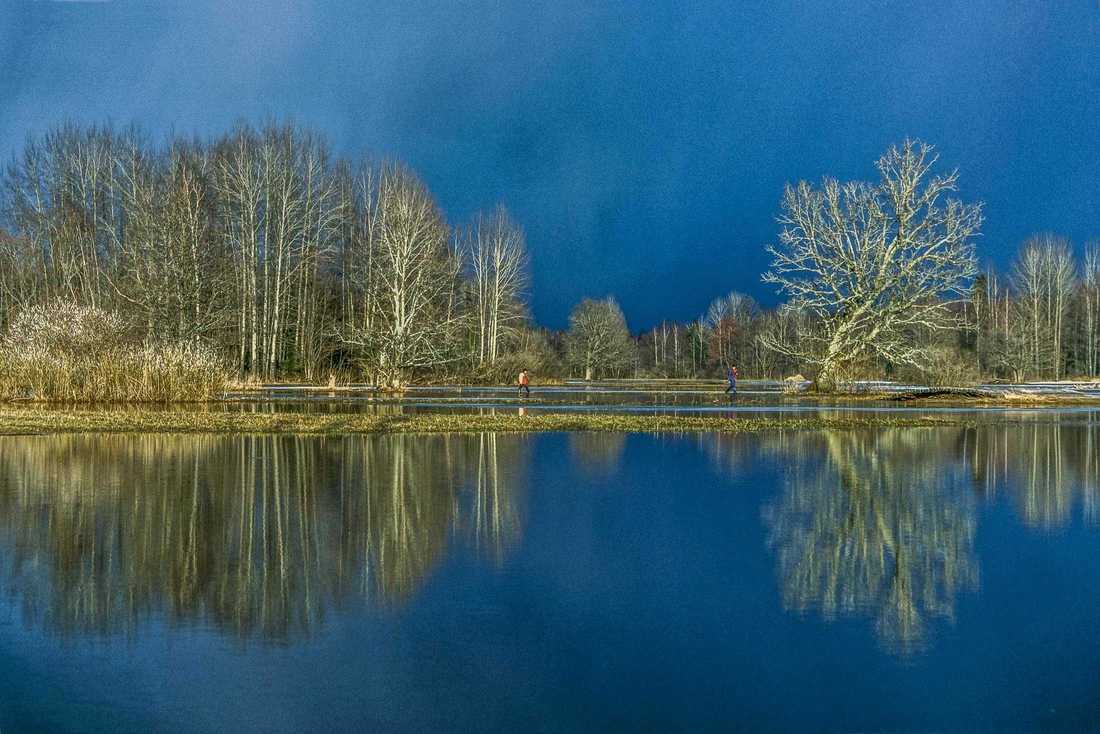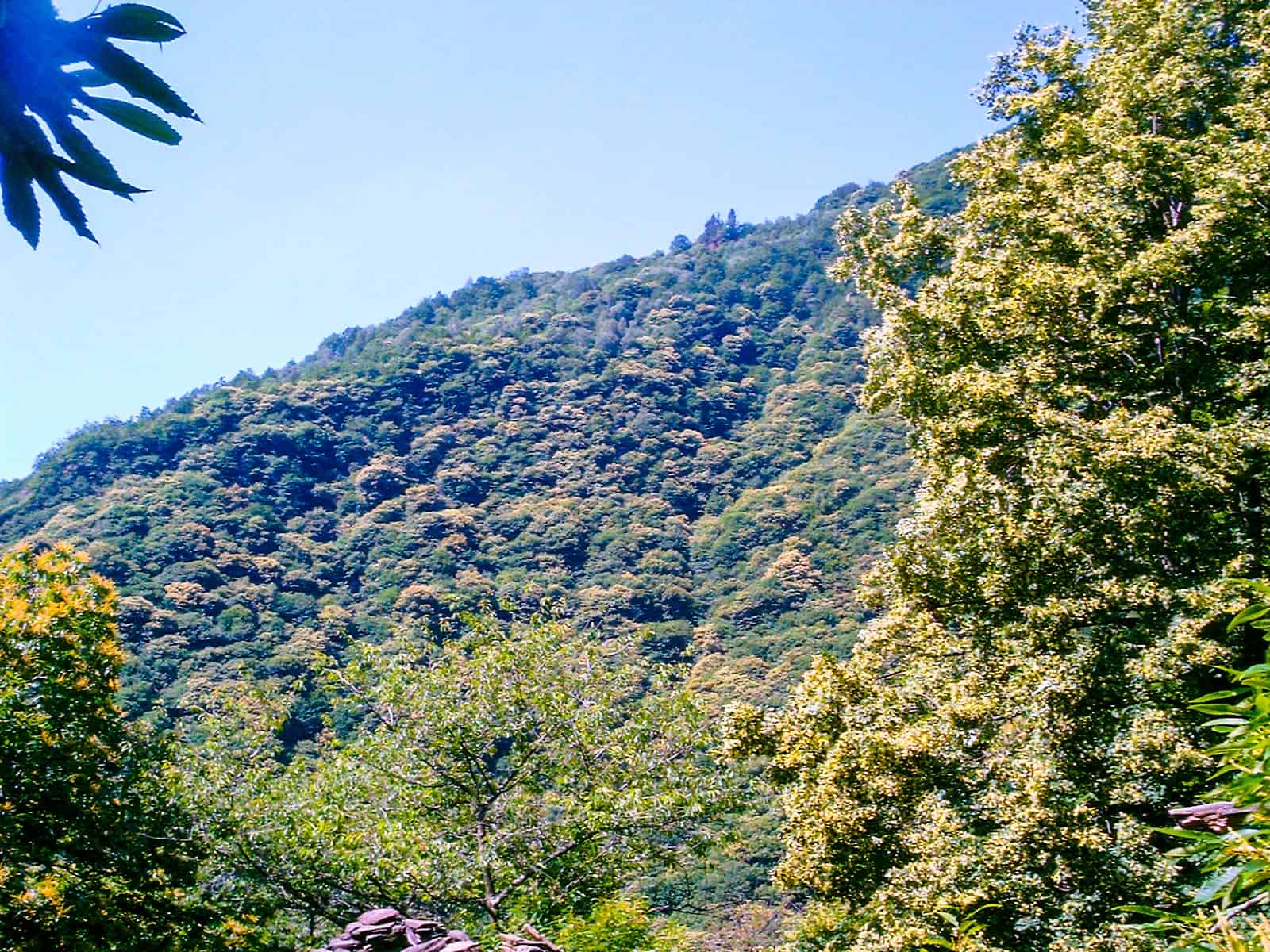Brazilian Amazon deforestation hits the highest annual level in a decade
The Amazon rainforest, commonly known as the lungs of our planet, encompass the single largest remaining tropical rainforest in the world. This magnificent rainforest is not only home to more than 30 million people, including 350 different indigenous groups, but also houses at least 10% of the world’s known biodiversity.
Yet, despite increasing global concern over the accelerating deforestation rates, deforestation in the Brazilian Amazon reached the highest annual level in a decade. This is 57% higher than the same period last year, and the worst level recorded since 2012. These are the findings of the last report of Imazon, a Brazilian research institute monitoring the Amazon deforestation through satellite images since 2008. In fact, between August 2020 and July 2021, the Amazon lost 10,476 square kilometers – an area nearly seven times bigger than London.
Ecological consequences
As the area affected by deforestation grows, so do the environmental and socioeconomic consequences that arise. Scientists have warned that the combination of forest loss and degradation, in addition to climate change, can severely disrupt the rainforest’s hydrological cycle and its ability to self-regulate temperature, resulting in the shift of vast areas of rainforest to savanna. Such a shift would not only have serious implications for regional rainfall patterns, but also global climate, biodiversity and forest-dependent communities. Importantly, many of these negative consequences are already evident.
For example, a new study reported for the first time that the Amazon rainforest is now emitting more carbon dioxide than it is able to absorb, accelerating the climate crisis. Thus, if deforestation rates continue at current levels for much longer, the largest rainforest ecosystem could be irreparably damaged, pitching the world into unknown climatic conditions and causing the extinction of millions of species.
Deficient management
For the third year on a row, Brazil’s president Jair Bolsonaro has mobilised thousands of soldiers to combat illegal deforestation and fires, a policy that has proven ineffective and believed to mask the attacks of the federal government against the forest.
Since the election of Bolsonaro in 2019, deforestation rates have been markedly higher than with other recent administrations in Brazil. The Bolsonaro administration has been harshly criticised for rolling back environmental protections, relaxing environmental law enforcement, while encouraging ranchers, loggers and miners to increase the pace of development in the forest, bringing them into direct conflict with indigenous people who live in and depend on the forest for survival.
For example, by the beginning of August, Brazil’s lower house of Congress passed a bill that will allow squatters to more easily secure title to lands they occupy in the Amazon. Critics argue the measure will in practice be an amnesty for land invasions. Thus, as long as Brazil’s government push a pro-development agenda, deforestation in the Amazon will likely continue.

